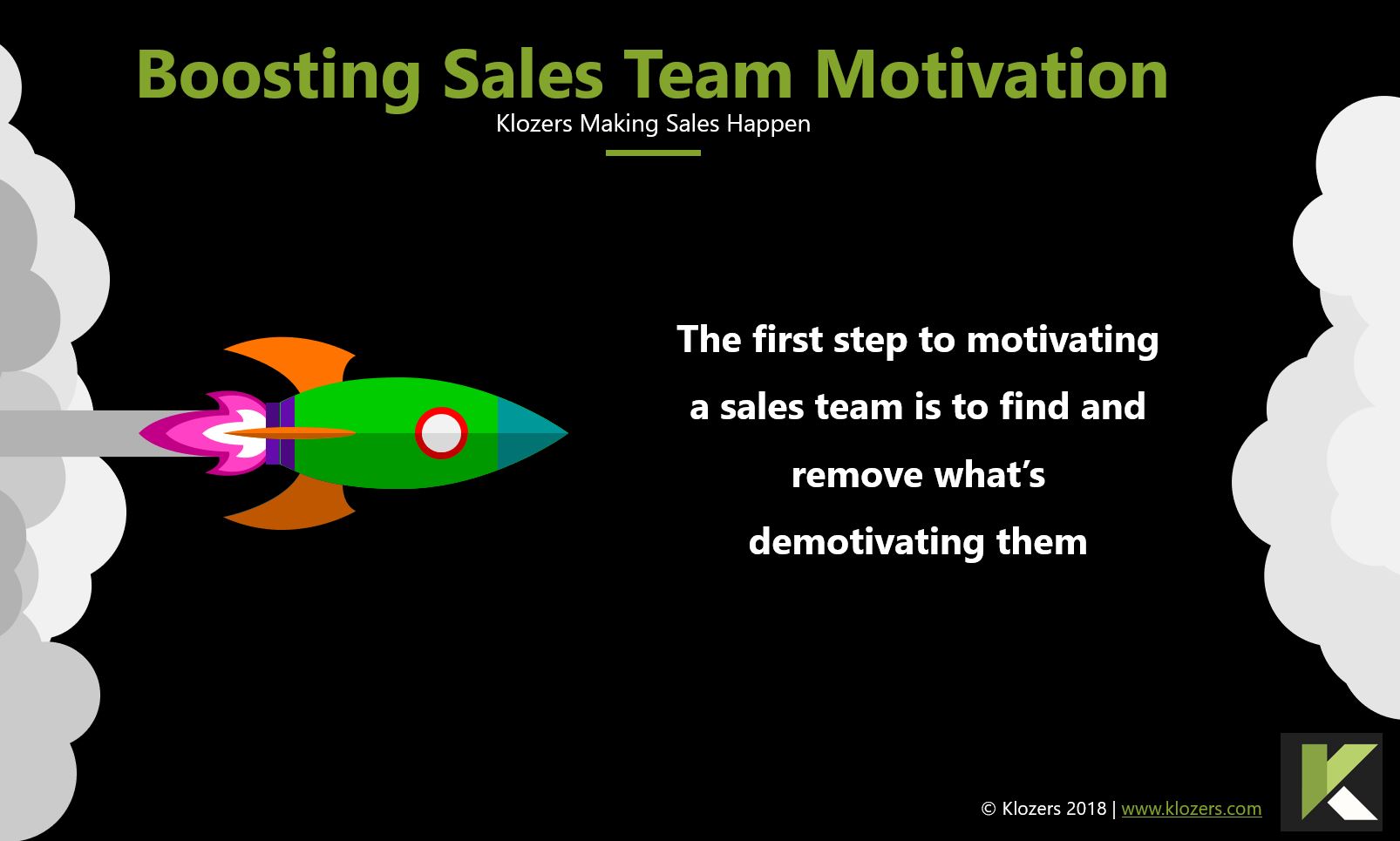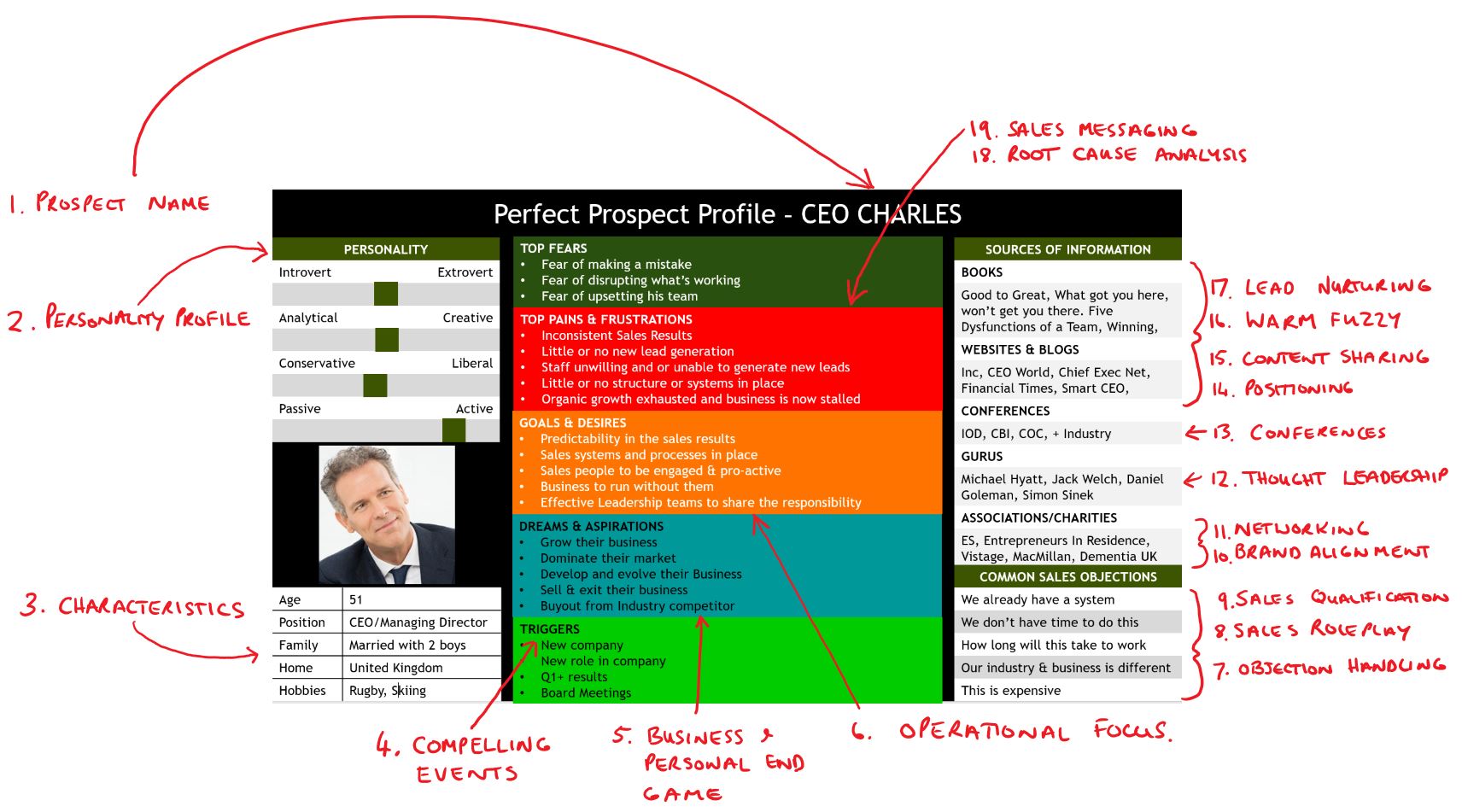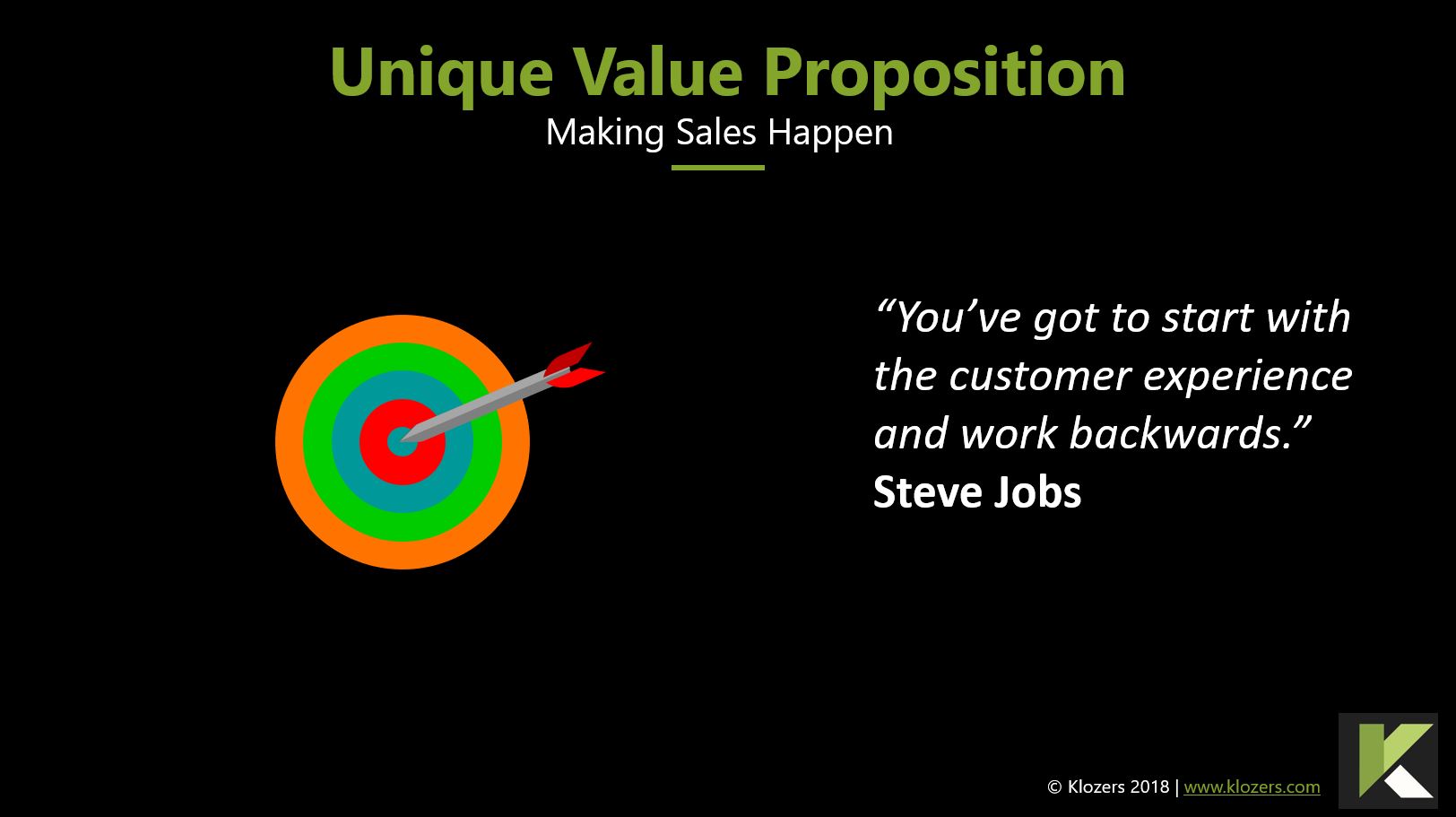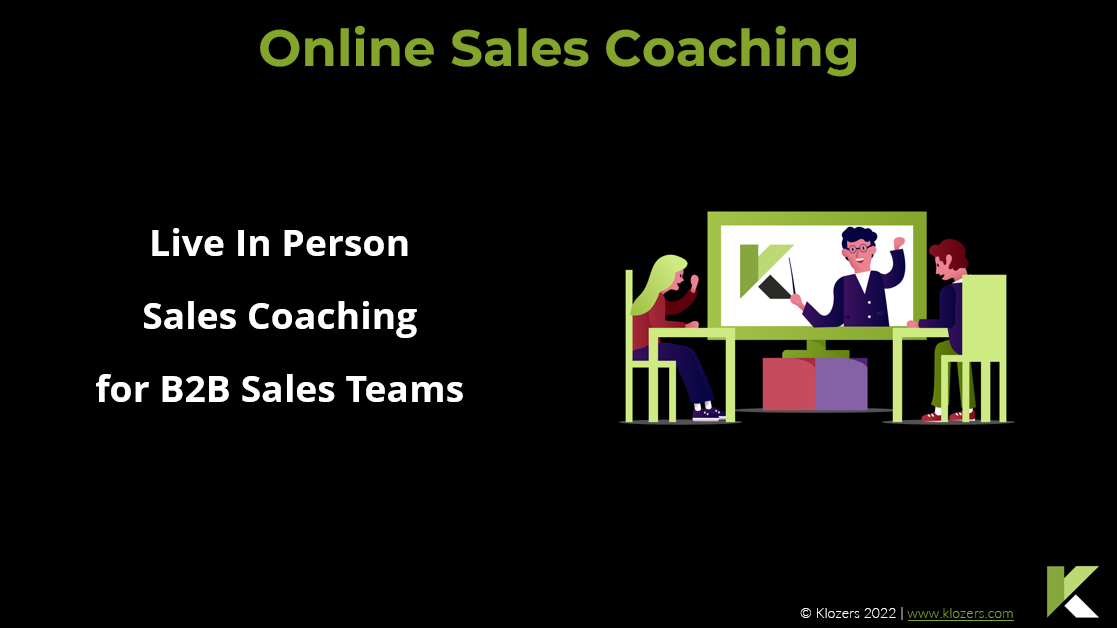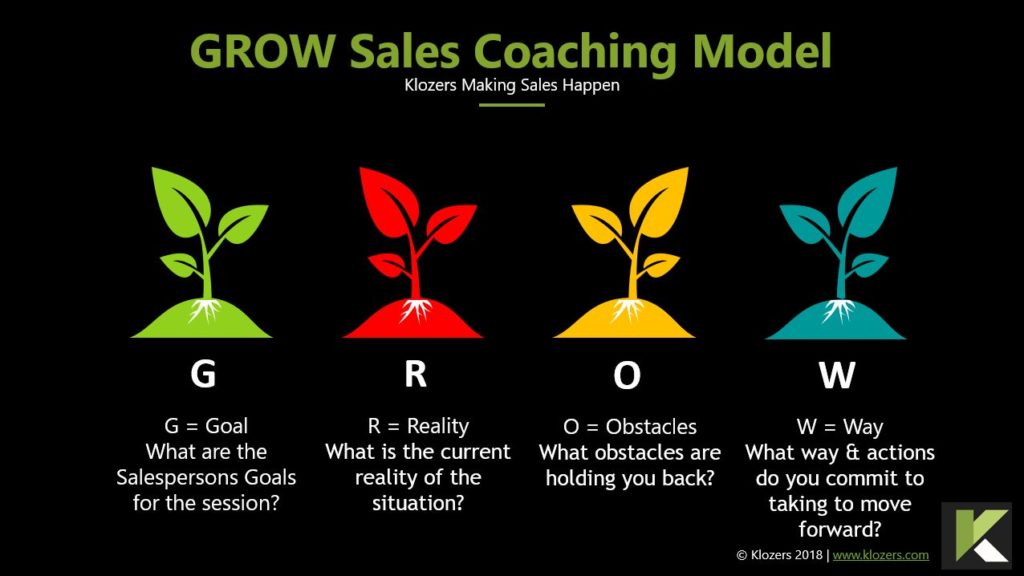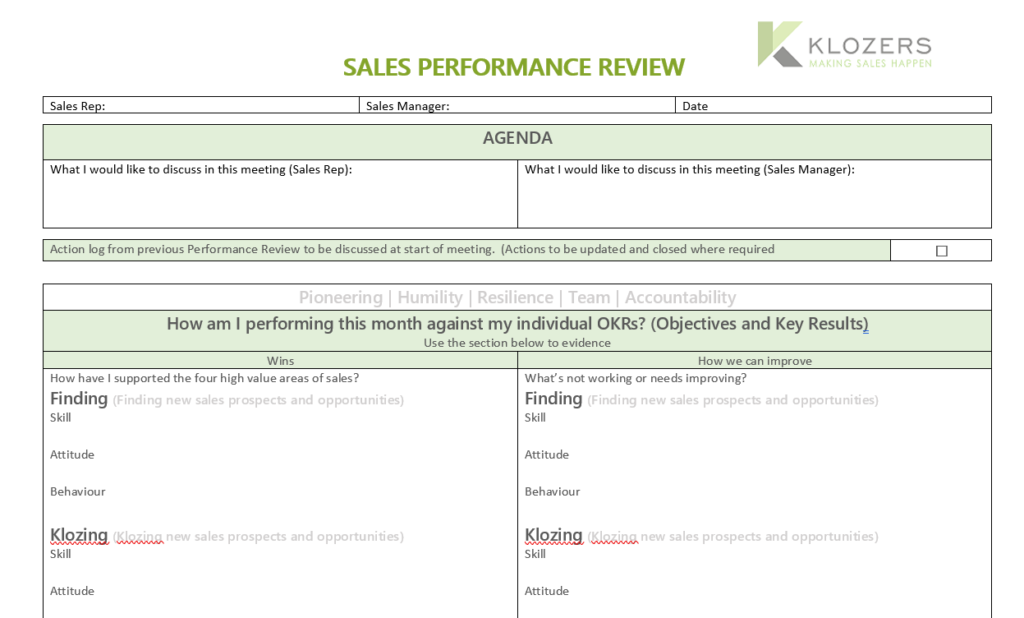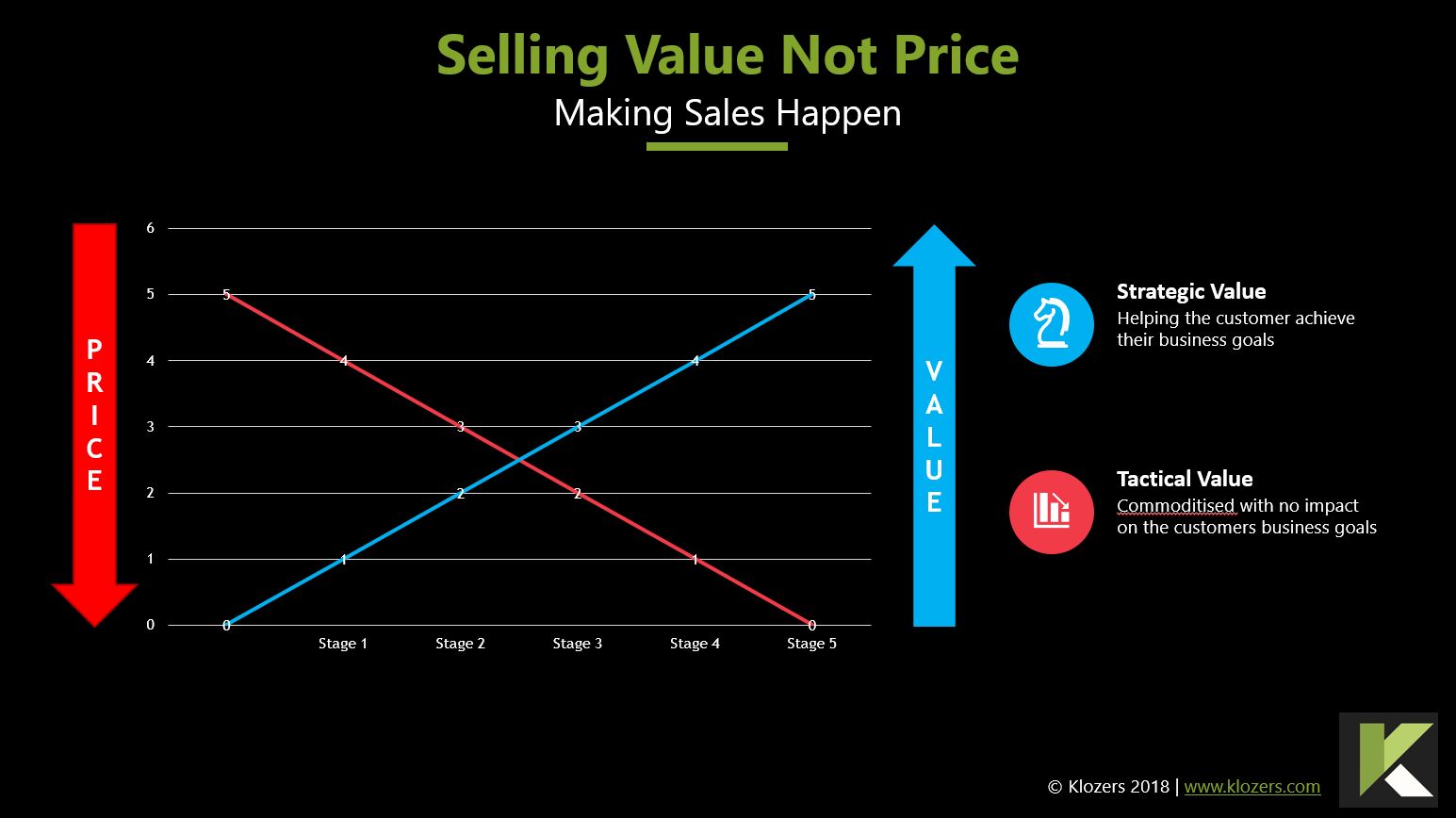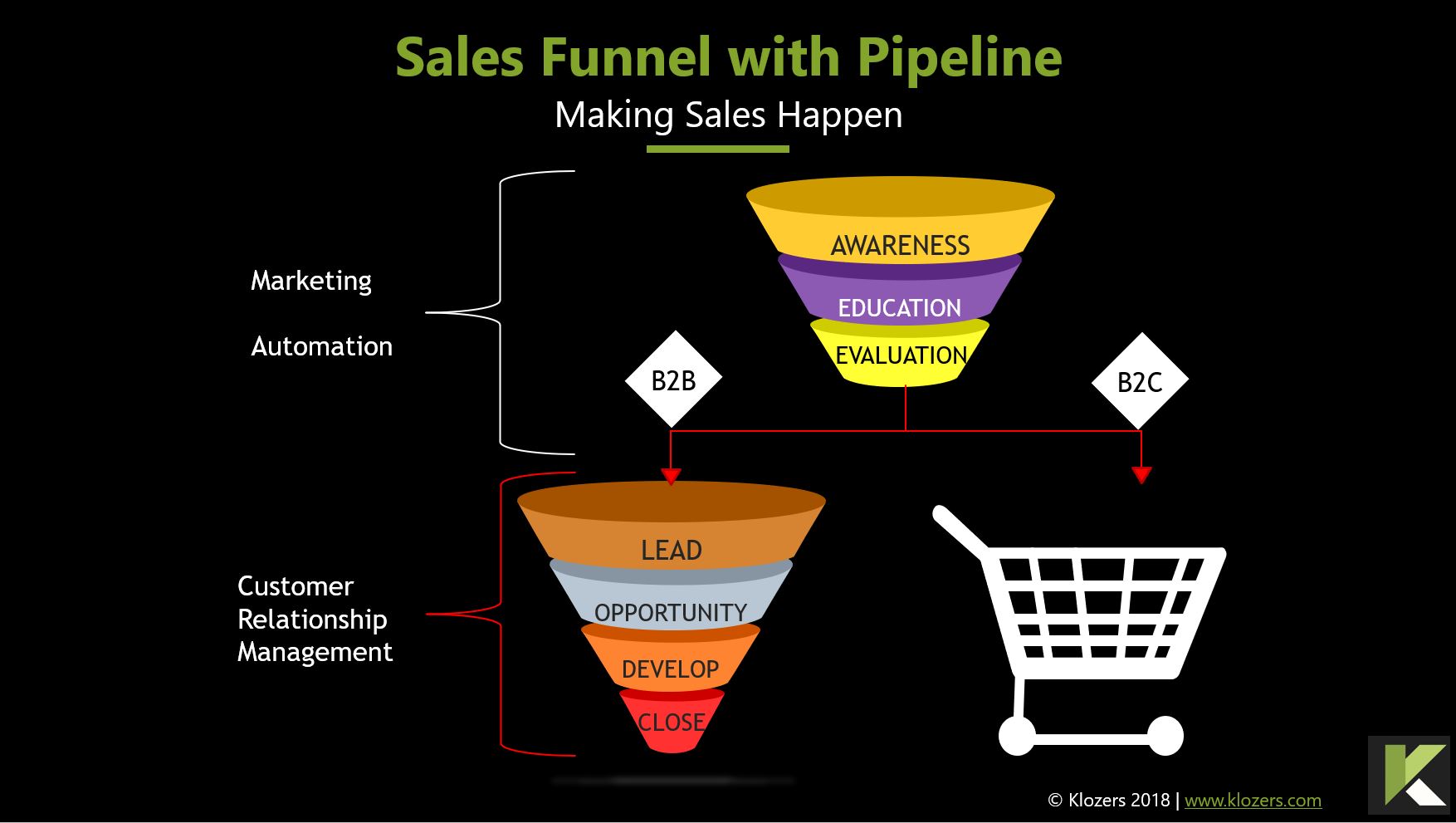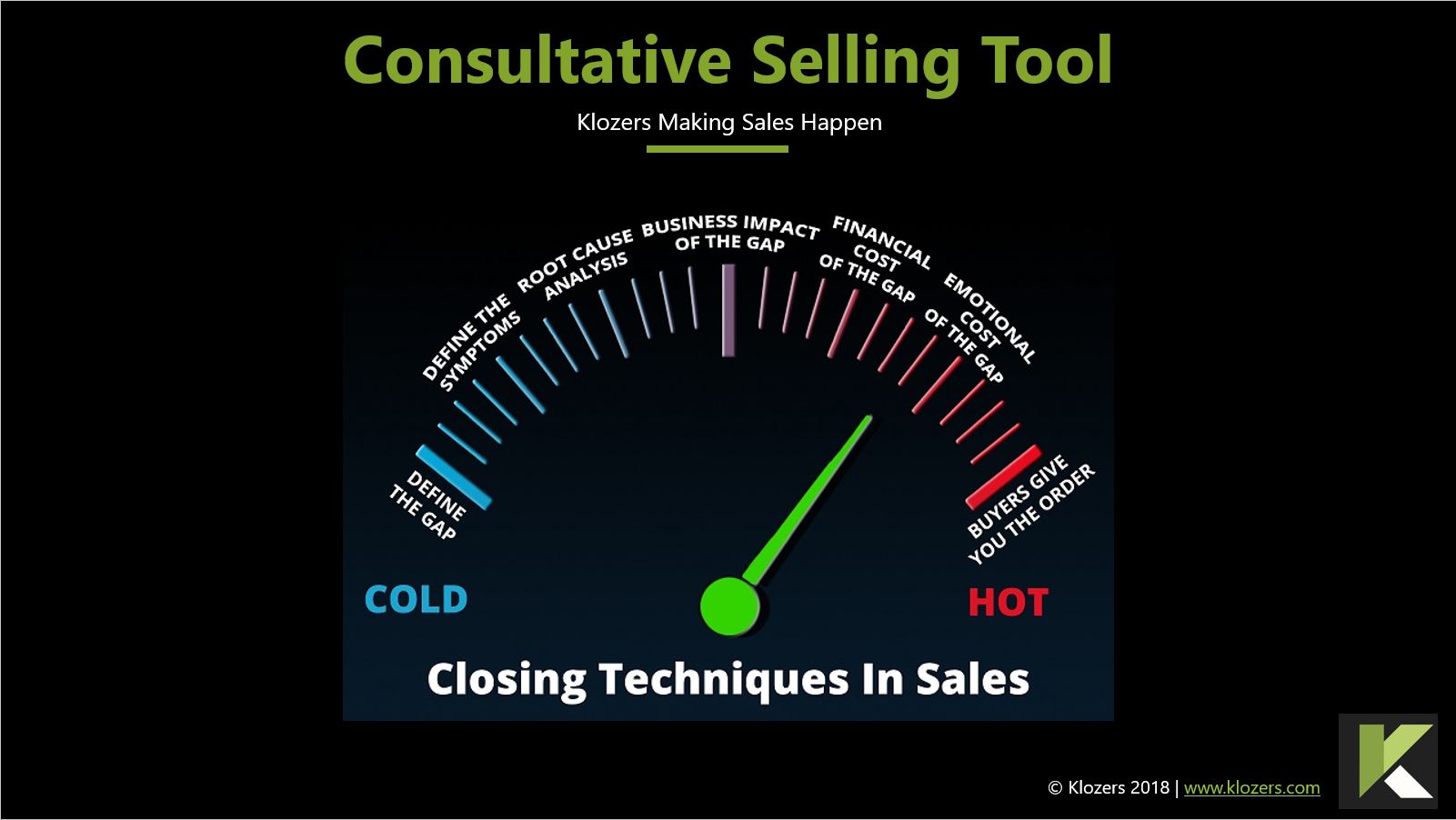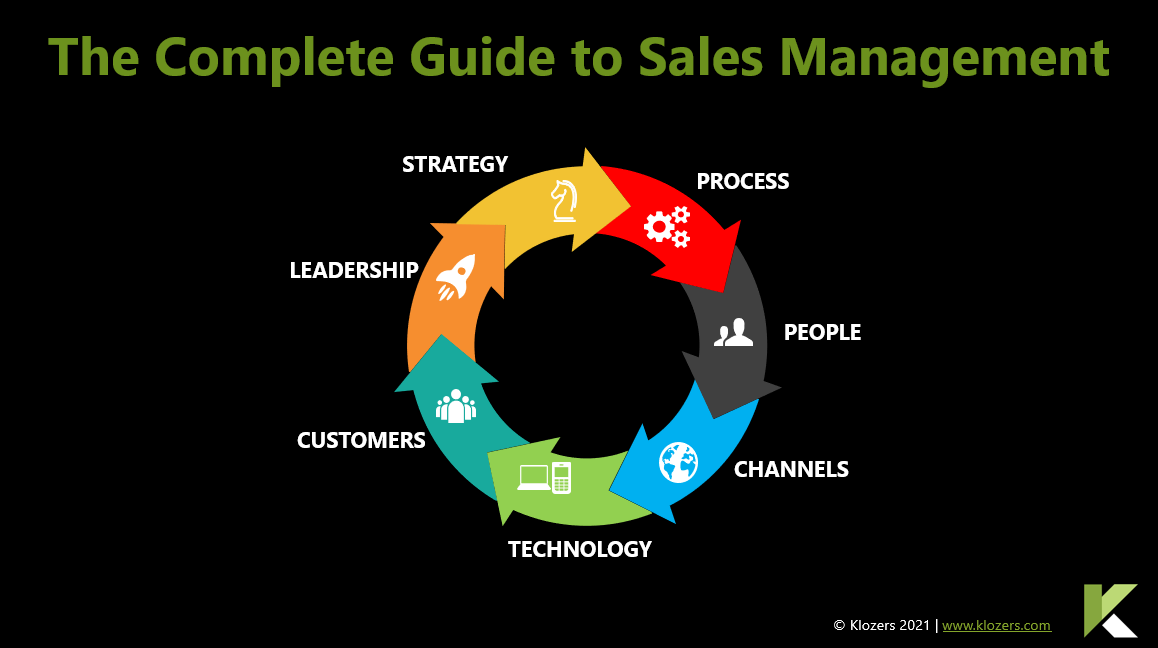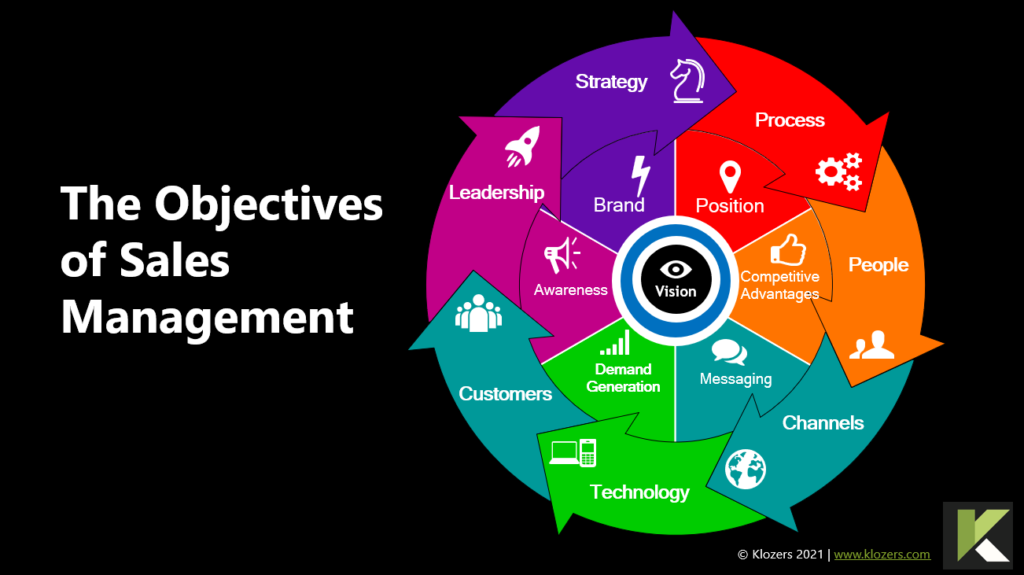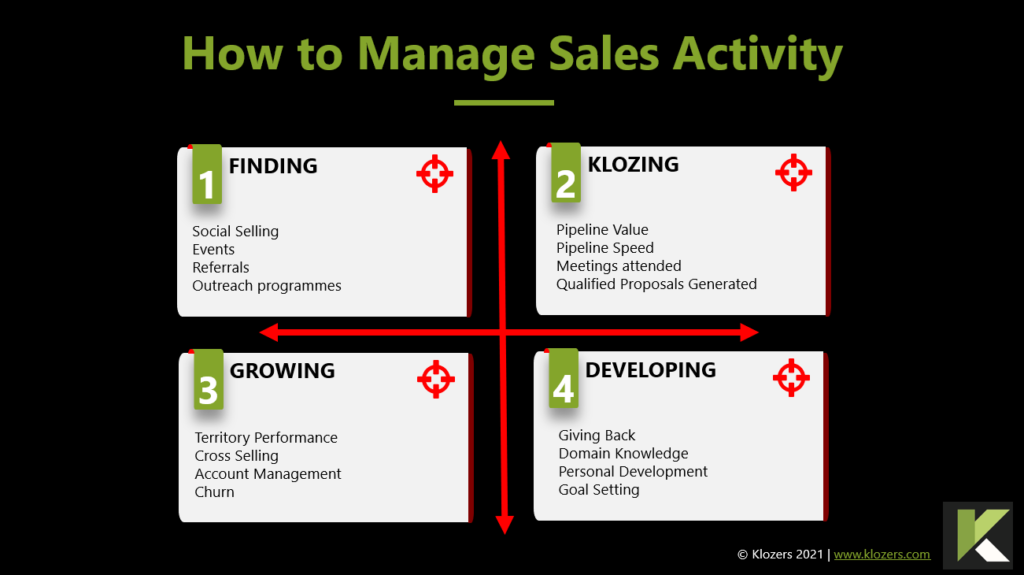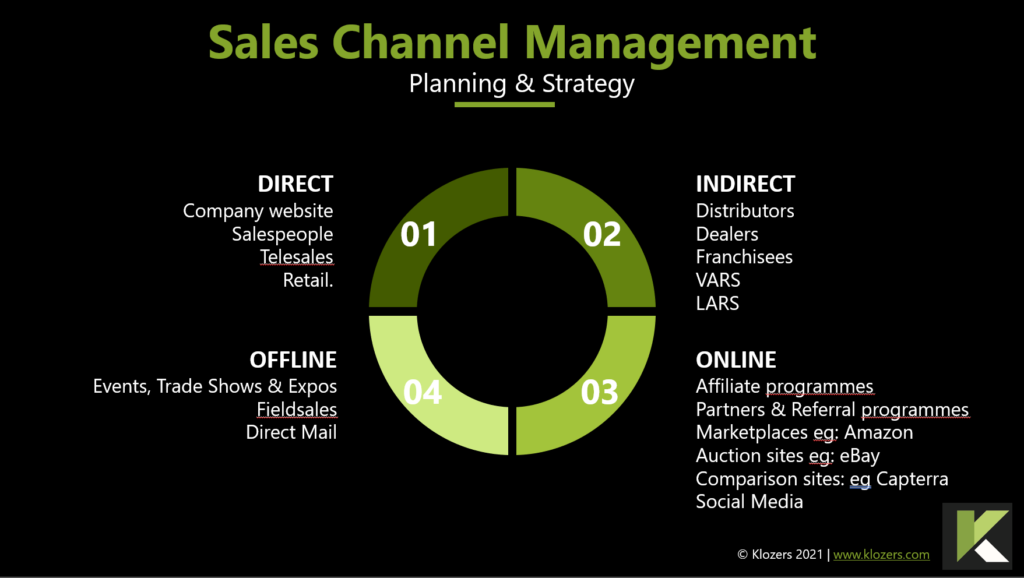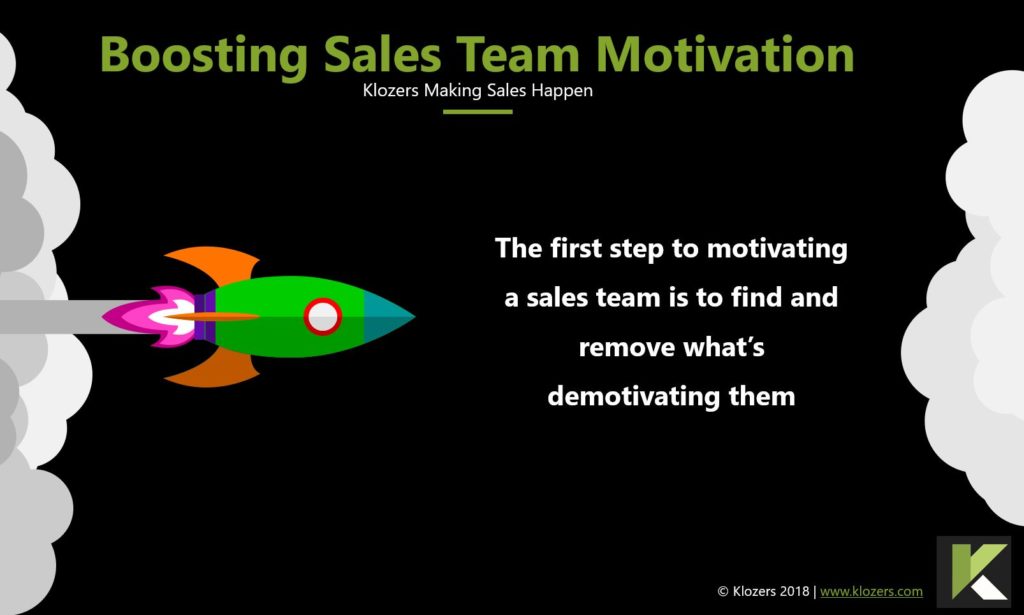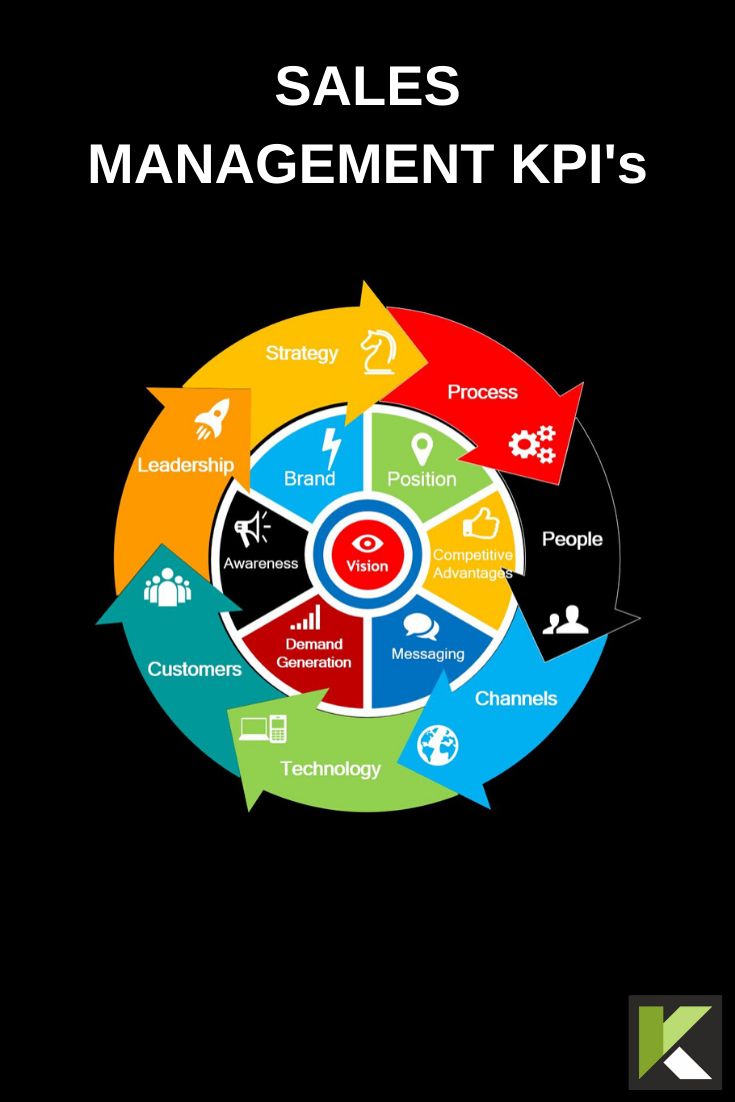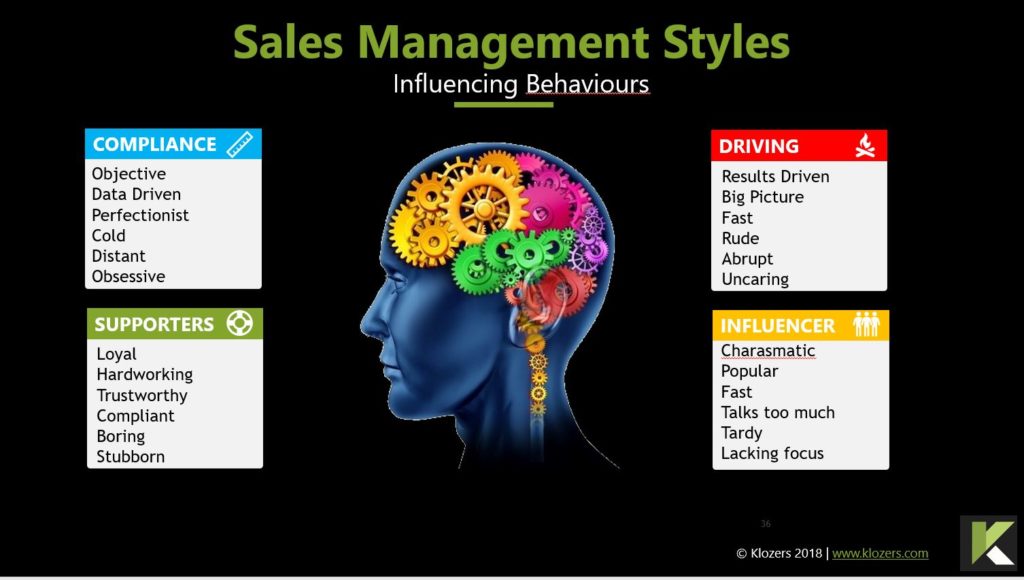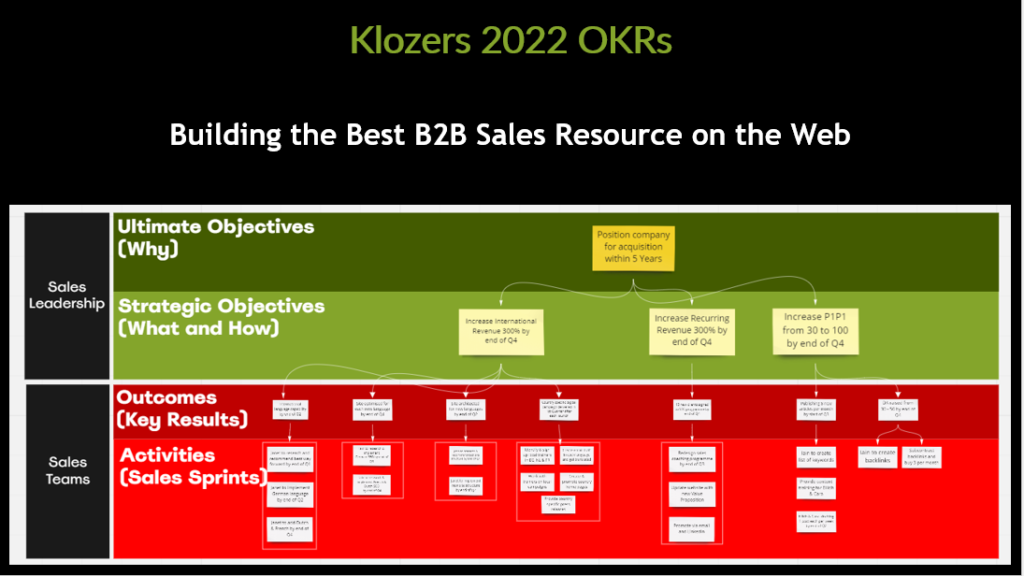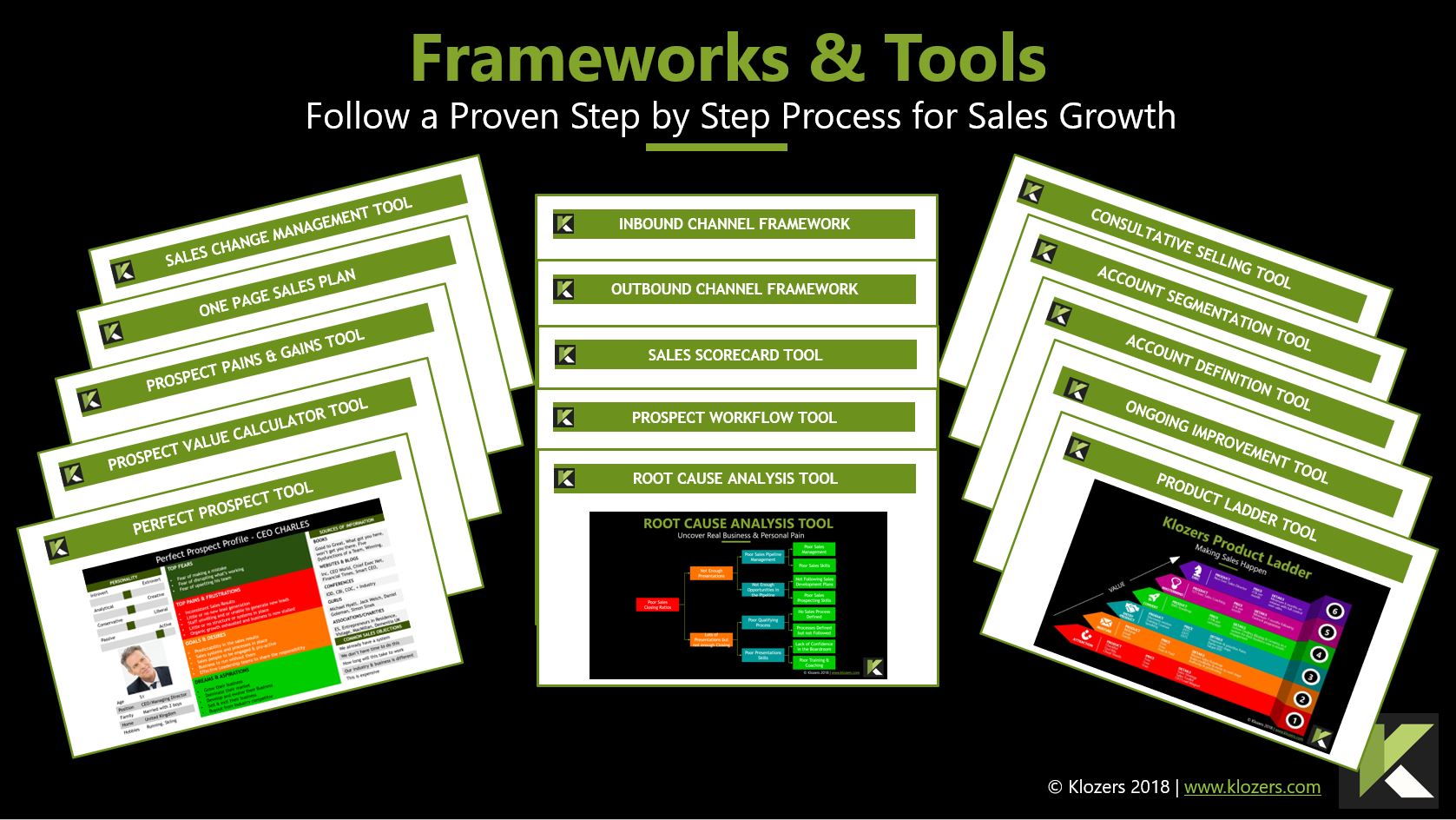 Iain Swanston
Iain Swanston
B2B Sales Tools
B2B Sales Tools and Frameworks we use
Sales Audit Part 1 – Sales Skills – Use the first stage of this audit to benchmark and evaluate the core skills of your sales team
Sales Audit Part 2 – Functions – Use this stage of the audit to benchmark and evaluate the core areas within your sales function
Sales Audit Part 3 – Sales Formula – This benchmarks and evaluates areas outside sales which have an impact
Sales Change Management Planning – Any form of sales intervention means change which means you need to understand change management
Envision Planning Exercise – This is a great exercise to empower and motivate your team. It also helps identify areas for improvement in the sales function
Day in the Life – Understanding People Exercise – This workshop helps sales people understand DiSC and how they need to adapt their sales approach
Sales Coaching Worksheet – This template provides a structure and a proven framework to your sales coaching
Sales Scorecard Template – This is a simple example of a Sales Scorecard. Use the template as a starting point to develop your own
Sales Coaching Final Questions – Use these questions to finalise your coaching sessions with your sales people
Sales Training Evaluation Form – Collect feedback after every sales training session using this form
B2B Customer Journey Map – Evaluate your customers journey and look for improvements in conversion ratios
Sales Campaign Funnel – An example of an end to end sales campaign funnel. Use the template to create your own
ADKAR Change Model – Our go-to model for Change Management and simply a must have for any sales leaders
Business Case Template – If you’re selling to corporates then you’ll need to be able to write business cases so here’s a template to get started
Sales Tender Qualification Checklist – Objectively qualify your tender responses so you can improve your win rates
Key Account Management Plan Template – Document and plan your key account strategy with this comprehensive template
Handling Sales Stalls & Objections – This template helps sales people prepare for the hardest stalls and objections
Sales Call Tracker Template – This tracker highlights where in the call people are struggling so you can coach them accordingly
Prospect Profile Template – Profile your best customers and then use the information to target more of the same
Prospect Value Calculator – Understand your core value to build highly targeted sales messaging
Root Cause Analysis Template – This tool helps you build powerful questions to uncover your prospects real pain
Prospect Pains & Goals Template – Know your prospects pains and goals so you they will buy versus you having to sell
Sales Battlecards Template – Battlecards are great for identifying your strengths and weaknesses versus your competitors
Sales Negotiation Worksheet – Prepare in advance for the boardroom so you get what you want with this simple template
Client Case Study Template – Use examples of previous sales wins to generate more with this one page template
Preparing to Sell Checklist – Superb check list for new hires ( and maybe old ones) before they get in front of real prospects
Consultative Selling Process – Use this tool to reinforce your consultative selling process – slow the sales process down if you want to speed the sale up
Time Management Tracker – Help sales people become super productive and track where they lose time during the day
Meeting Notes Record – This template reminds you what questions to ask the prospect and take accurate notes on the answers given
This content is available for FREE
download in the Sales Playbook
Sales Audit – Sales Skills
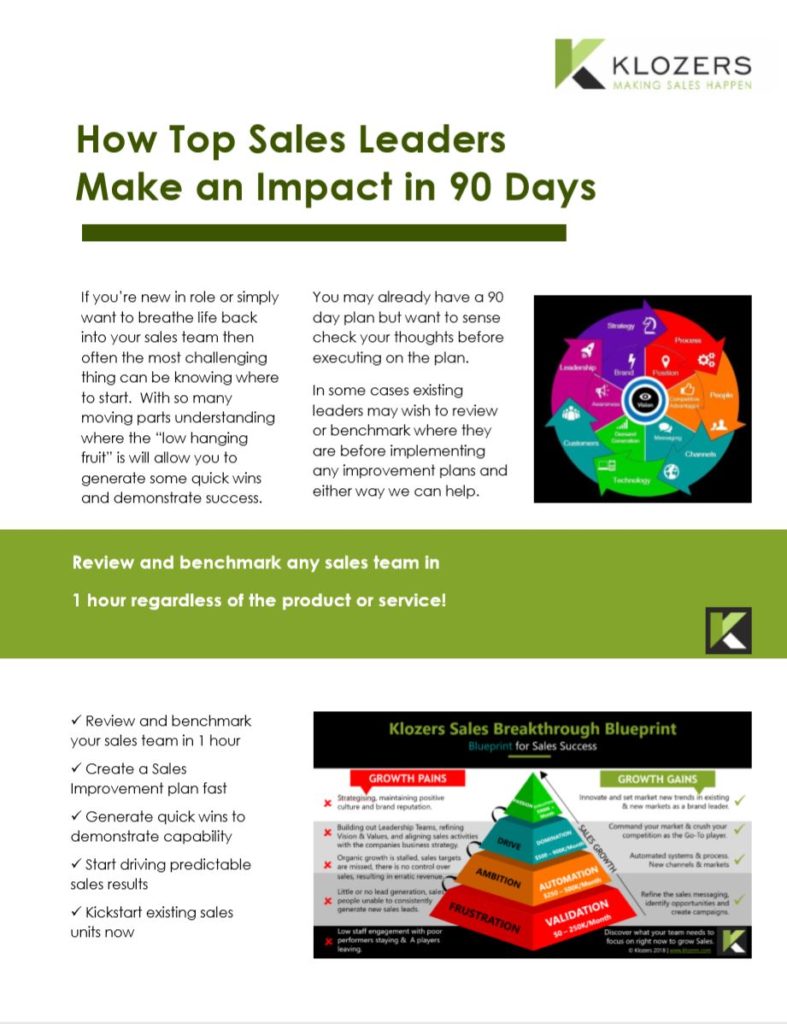
What are Sales Skills?
Sales skills include the actions, mindset and strategies that contribute to sales success. The sales leaders audit therefore helps you accurately benchmark the skills of your sales people and will allow you to quickly see where to focus your performance improvement plans for the sales team.
Why are Sales Skills important?
In B2B sales unless you have a powerful brand the quality and performance of your sales team is vital. Indeed when products and services are similar the Unique Selling Point can often be the sales people. Most importantly the audit focuses on the three main areas that sales people need to concentrate on to be successful – Finding new sales, Klozing new sales and Growing existing accounts.
Need an objective external party to lead your sales audit? Check out or Sales Consulting here
Sales Audit – Sales Functions

What are Sales Functions?
We all know that people are a vital part of every successful sales function however sometimes there can be other areas within sales that are equally important and also have a huge impact on our ability to sell. Consequently these can even be a huge blocker and prevent your team from selling.
Every business regardless of what product or services they are selling will have these common sales functions which we can audit.
Why are Sales Functions important?
You can use this tool to quickly evaluate where your Sales Unit is in terms of best practice and from this create your bespoke improvement plans.
Sales Audit – Sales Formula
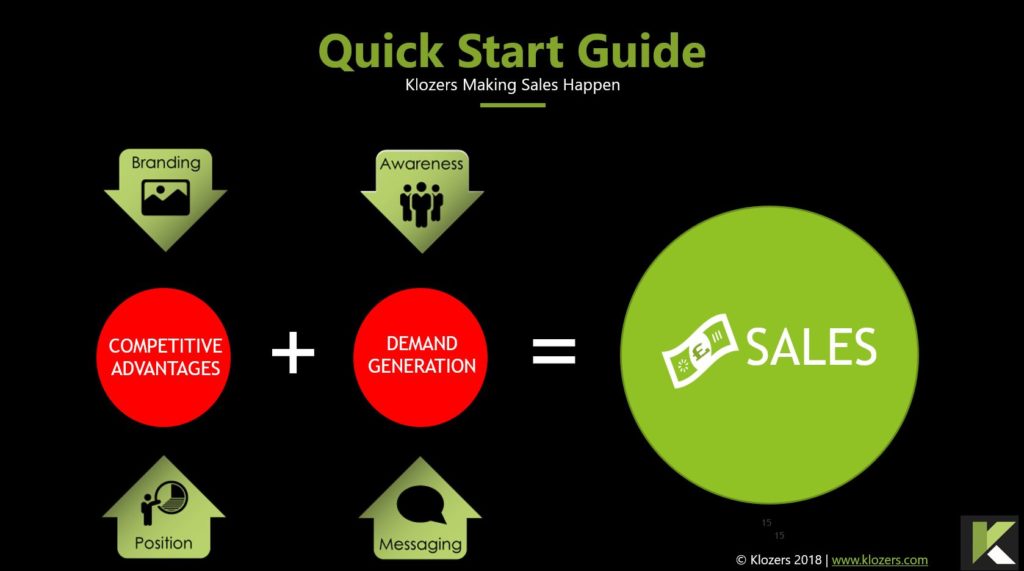
What is the Sales Formula?
The sales formula is a list of business “ingredients” common to every successful organisation. These ingredients will apply to your business, however the context and application will be different as your business is unique.
Why is the Sales Formula important?
Examples of successful companies are all around us in B2B and B2C. Whether it’s national or international, products or services, they all follow the same winning formula. Don’t waste time reinventing the wheel – learn from others who have gone before by applying the sales formula to your business.
Sales Change Management Planning

What is Sales Change Management Planning?
Sales Change Management Planning is simply a structured approach to transitioning your sales team from where they are currently, to where you need them to be. Planning makes sure your changes work and are embedded in a new improved sales environment.
Why is Sales Change Management Planning important?
By creating a Sales Change Management plan you will minimise the resistance to your changes from some sales people. As a result you will increase the engagement of the team and improve the overall performance. Equally important is the long term affect of failed improvement plans which include missed sales targets, low morale and higher staff turnover.
Envision Planning Exercise

What is Envision Planning?
Envision Planning is a 1/2 day group workshop that facilitates an open discussion to identify and prioritise all the sales opportunities open to the business in the future. The goal of the session is to create a joint understanding of the exact direction you want to take the sales department.
Why is Envision Planning important?
Envision planning helps with team morale, increases the engagement of your sales team and ensures everyone involved is on the same page. Finally the output would include a full action plan with milestones and goals.
A Day in The Life – Understanding People

What is A Day in The Life?
This is a 1/2 day workshop focused on DiSC – a profiling system that psychologists use to learn and understand more about people. This exercise gives sales people a deeper understanding of the different behavioural styles of themselves, their work colleagues and their prospects/customers.
Why is a Day in The Life important?
This workshop is vital in developing self awareness, teamwork and understanding the preferences both prospects and customers have, in the way sales people communicate with them.
Sales Coaching Worksheet
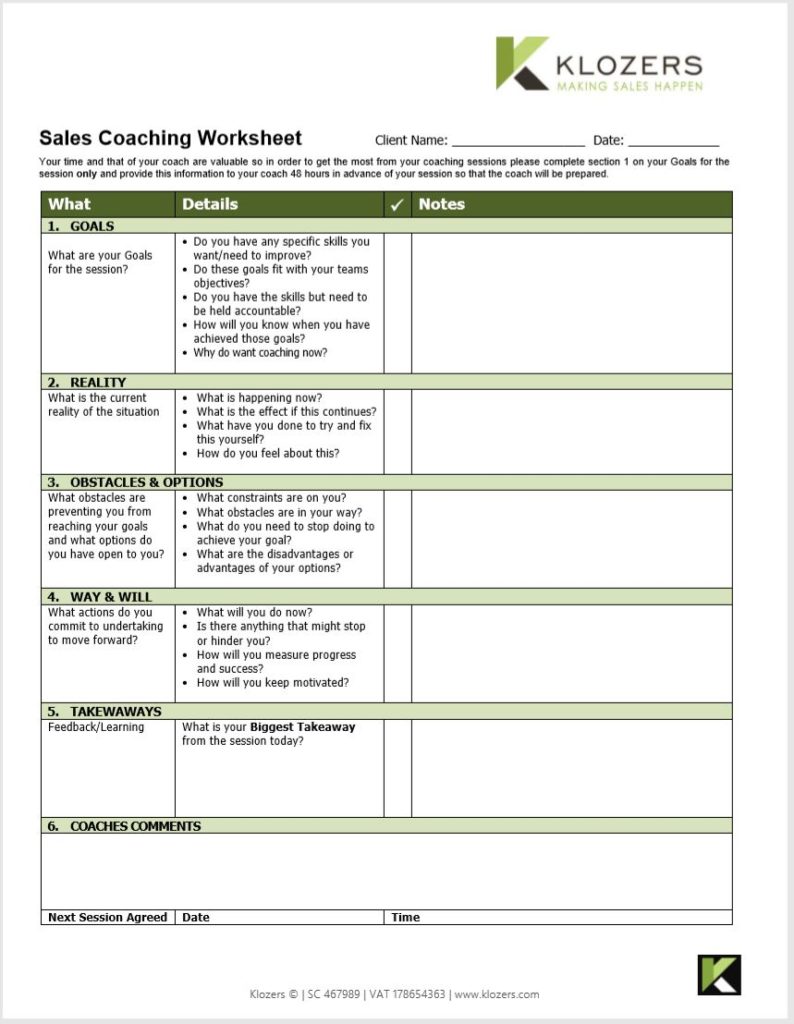
What is the Sales Coaching Worksheet?
Our Sales Coaching Worksheet is a simple one page template that managers can use to coach sales people. The template follows the proven GROW coaching model but has been adapted to sales.
Why is the Sales Coaching Worksheet important?
Coaching is one of the most productive activities that sales leaders do to empower and enhance their sales teams. The worksheet provides a repeatable and objective framework to the coaching process.
Sales Scorecard Template

What is a Sales Scorecard?
A Sales Scorecard Template is a simple one page sheet for recording specific sales activities. The activities are divided between the four most important areas of sales – Finding new customers, Klozing new customers, Growing customer accounts and personal learning & development. As a result if sales people simply do enough of these four activities it’s nearly impossible to not increase your sales.
Why is a Sales Scorecard important?
Sales Scorecards provide a focus to the sales persons activities and ensures those activities are fully aligned with the companies overall growth strategy. They also help identify areas for development and can alert management in advance of potential problems.
Sales Coaching Final Questions

What are Sales Coaching Final Questions?
Our Sales Coaching Final Questions worksheet is used at the end of a structured coaching programme. There are 10 questions that the sales person has to answer taking no longer than 45 minutes.
Why are Sales Coaching Final Questions important?
The final session questions are part of “reflective learning” whereby the sales person can reflect on what they have learned and how they have grown through the length of the coaching programme. Furthermore future challenges and actions are also included to ensure continued personal development.
Sales Training Evaluation Form

What is a Sales Training Evaluation Form?
A Sales Training Evaluation form is used after any form of sales training to gather feedback from participants. The form includes specific feedback questions on the three most important areas of training – the trainer, the content and the training environment.
Why is a Sales Training Evaluation Form important?
Sales Training Evaluation forms helps to identify the ROI and value derived from any training programme and above all provides the data by which future training programmes may be improved.
B2B Customer Journey Map
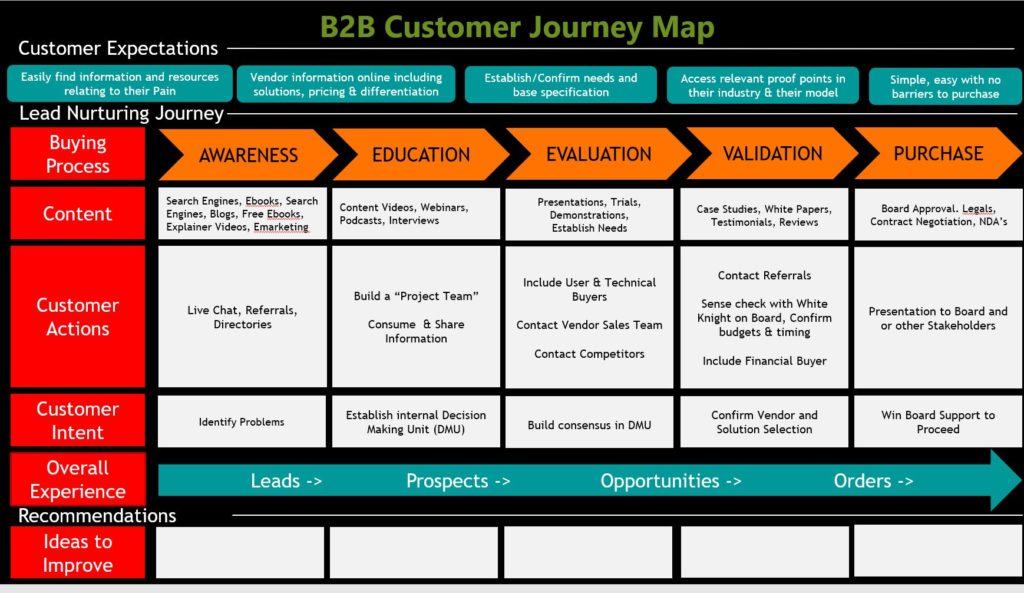
What is a Customer Journey Map?
A customer journey map documents what information and actions your sales & marketing take and cross references this with the customers intent throughout the buying process.
Why is a Customer Journey Map important?
The customer journey map provides an audit which helps to identify which information and actions need to be improved and or added to, in order to reduce friction throughout the sales process.
Sales Campaign Funnel
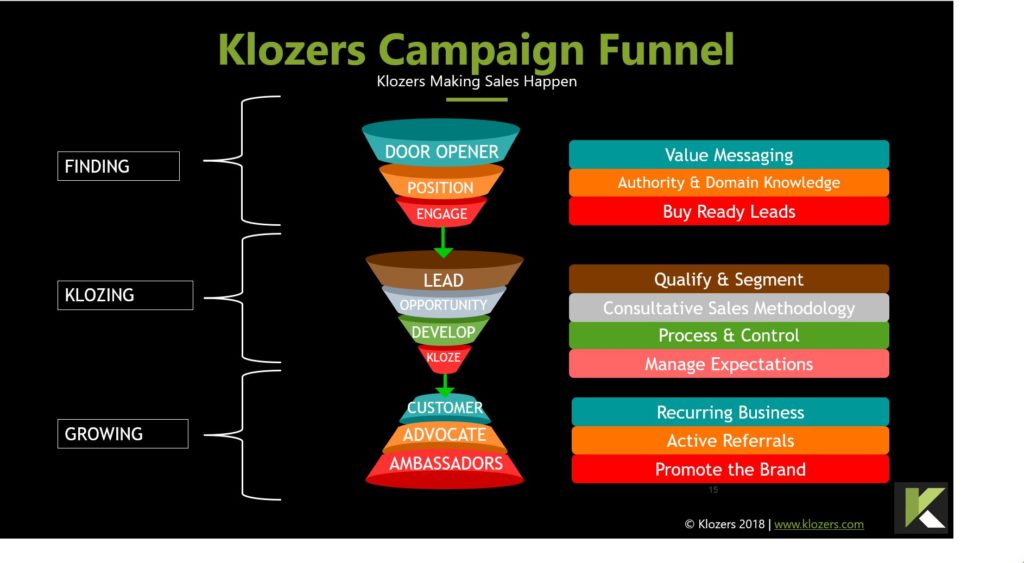
What is a Sales Campaign Funnel?
The Sales Campaign Funnel is Klozers own funnel template that we use in our sales enablement programme ready to be customised to your business.
Why is the Sales Campaign Funnel important?
The Klozers Sales Campaign Funnel is the end to end funnel we use to Find new customers, Kloze new customers and Grow existing customer accounts. It’s a proven step by step system for B2B sales organisations.
ADKAR Change Model

What is the ADKAR Change Model?
The ADKAR change model is a proven change methodology from https://www.prosci.com/ the global leader in change management solutions.
Why is the ADKAR Change Model important?
This is highly relevant as every sales improvement project involves change and people do not like change. In our opinion this is the best Change Management Solution available today and we strongly recommend you include this in every improvement programme.
Business Case Template

What is a Business Case?
A Business Case is a document created to demonstrate the anticipated ROI or benefit of a project or purchase. Our template allows you to create your own Business Case bespoke to your products or services.
Why is a Business Case important?
In larger Enterprise organisations it is simply not acceptable to make a purchase without first justifying it in the form of a business case. Furthermore, Sales people can use this template both to help potential buyers and to document important information after a sale to create valuable sales content.
Tender Qualification Checklist

What is a Tender Qualification Checklist
A Tender Qualification Checklist is an objective way to pre-qualify tenders before you commit money and resources to responding.
Why is a Tender Qualification Checklist important?
Tenders can be an invaluable source of new sales revenue, however they can also be an expensive and time consuming distraction. This is because without any form of pre-qualification many companies commit to tenders that in reality they have no chance in winning.
Key Account Management Template

What is a Key Account Management Template?
Key Account Management is simply a joint agreement between the vendor and the client regarding the next 12 months. After 12 months the agreement would normally be reviewed and updated.
Why is a Key Account Management Template important?
The Key Account Management document sets out in writing the expectations in terms of actions, targets and milestones for both sides. Whilst they are not normally legally binding in the way that a contract is, they help identify to both sides what success is and are essential in managing expectations.
Handling Stalls & Objections Exercise

What are Stalls & Objections in Sales?
Stalls & Objections are the reasons prospects give to show disinterest in buying or obtain further information. They may be genuine or they may not. Stalls are typically the reasons not to buy now and Objections are reasons not to buy ever.
Why is the Stalls & Objections Exercise important?
The Stalls & Objections exercise provides sales people with the best possible answer or rebuttal to the most common stalls/objections that they receive. Those answers are then drilled into the muscle memory of the sales people so they become both natural and automatic.
Sales Call Tracker Tool

What is a Sales Call Tracker Tool?
This is a simple one page template that is used to record a sales persons activity throughout the various stages of a sales call, cold, warm or otherwise.
Why is a Sales Call Tracker Tool important?
The sales call tracker acts as a data dashboard allowing the sales person to track their success and their “numbers”. In addition by capturing the relevant data at every stage the sales person can see for themselves where they need to make any specific changes for example with their messaging, their soft skills or their call to action.
Perfect Prospect Profile Template
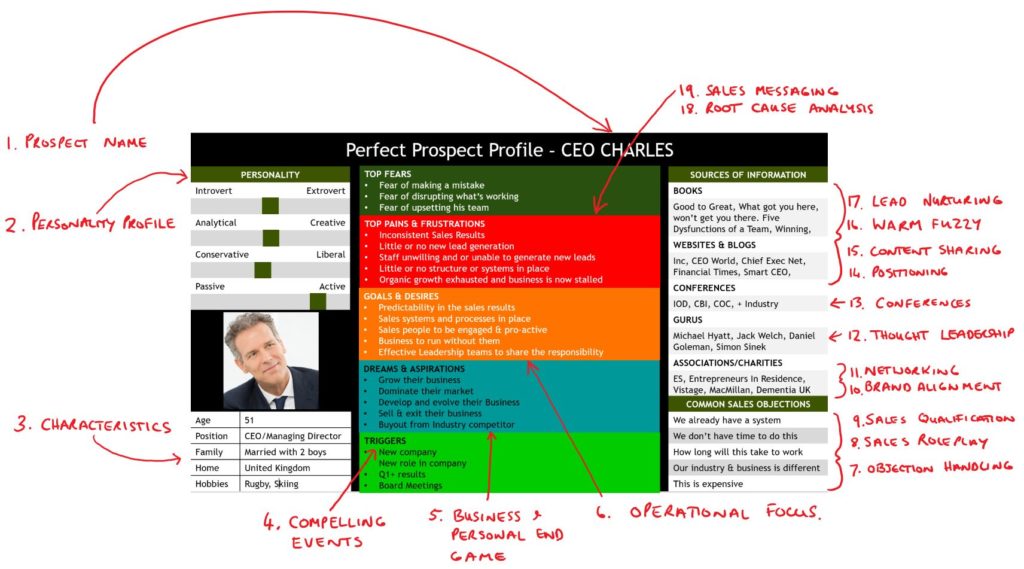
What is a Perfect Prospect Profile Template?
This Prospect Profile Template helps to identify the top 20 characteristics of the prospects most likely to buy your products/services.
Why is a Perfect Prospect Profile Template important?
If you are trying to sell to everybody then in reality you will end up selling to nobody. Therefore this prospect template goes deeper and wider than traditional marketing personas, as it contains specific information to help and coach sales people.
Sales Prospect Value Calculator

What is a Sales Prospect Value Calculator?
A prospect Value Calculator helps you identify the key metrics by which a prospect measures the value of your products or services.
Why is a Sales Prospect Value Calculator important?
The Prospect Value Calculator is an essential tool for identifying and building the best messaging around your value proposition. Once captured this information can be adapted for use in telephone calls, emails, networking in fact every touch point that sales people have with prospects and clients.
Root Cause Analysis Template
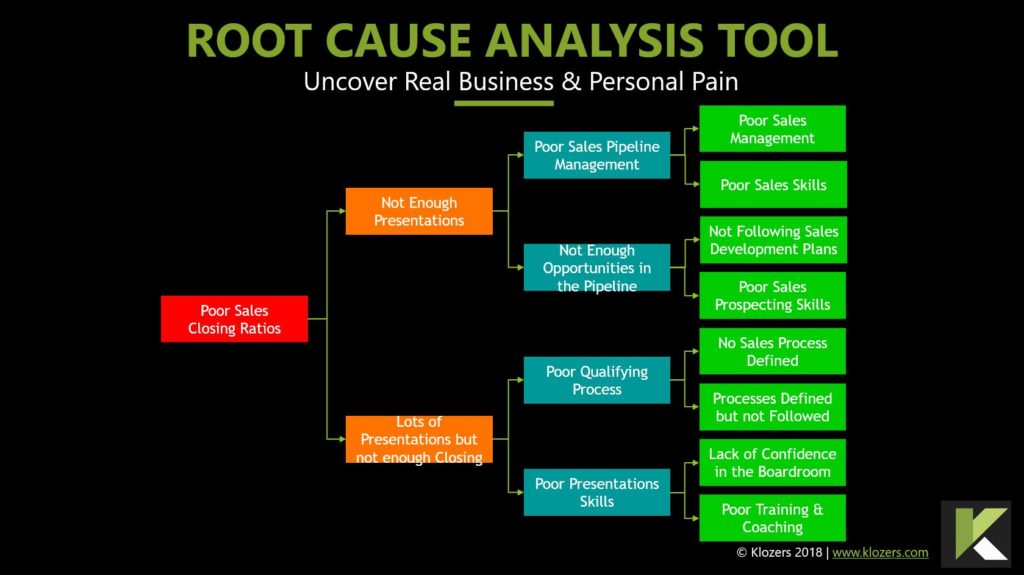
What is a Root Cause Analysis Template?
Our Root Cause Analysis template helps identify the most important questions to ask prospects to uncover their business pain.
Why is a Root Cause Analysis Template important?
Root Cause analysis is the foundation of the Consultative Sales Process and is essential tool for discovering the best questions, the best order for those questions and how to ask them.
Prospect Pains & Goals Template
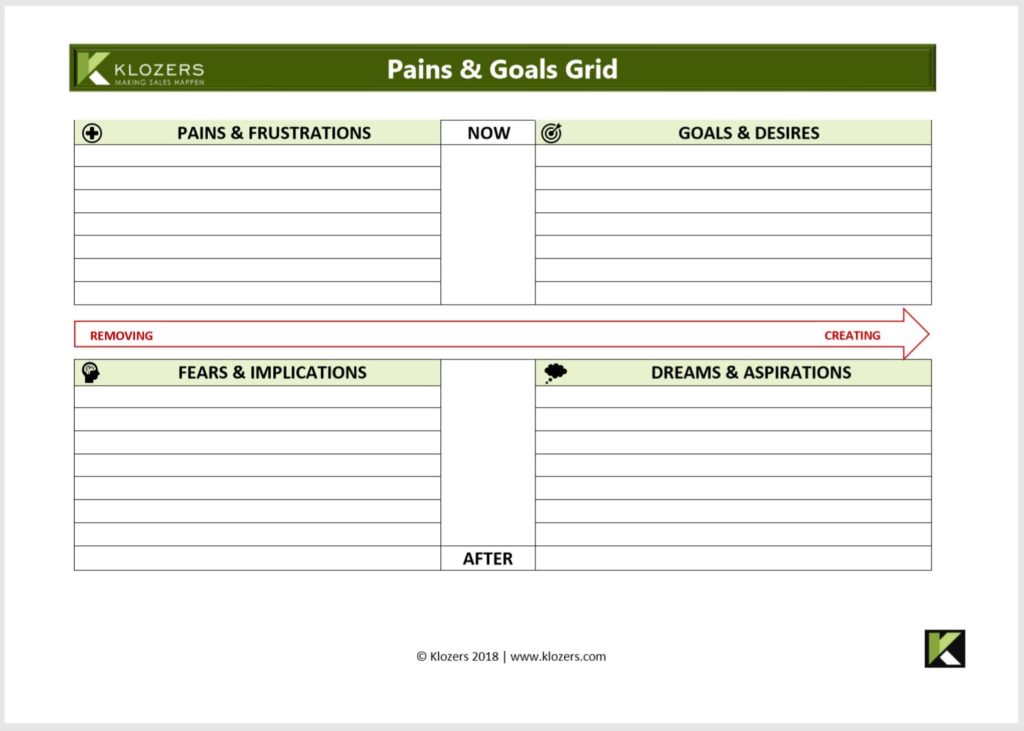
What is a Prospect Pains & Goals Template?
A Pains & Goals Template identifies the prospects business pains, their goals and desires, their fears & limitations and their dreams & aspirations.
Why is a Prospect Pains & Goals Template important?
The Prospect Pains & Goals template is an essential tool for building messaging and sales campaigns from your value proposition. In addition it provides sales people with an insight to the real thoughts and feelings of their prospects.
Sales Battlecard Template
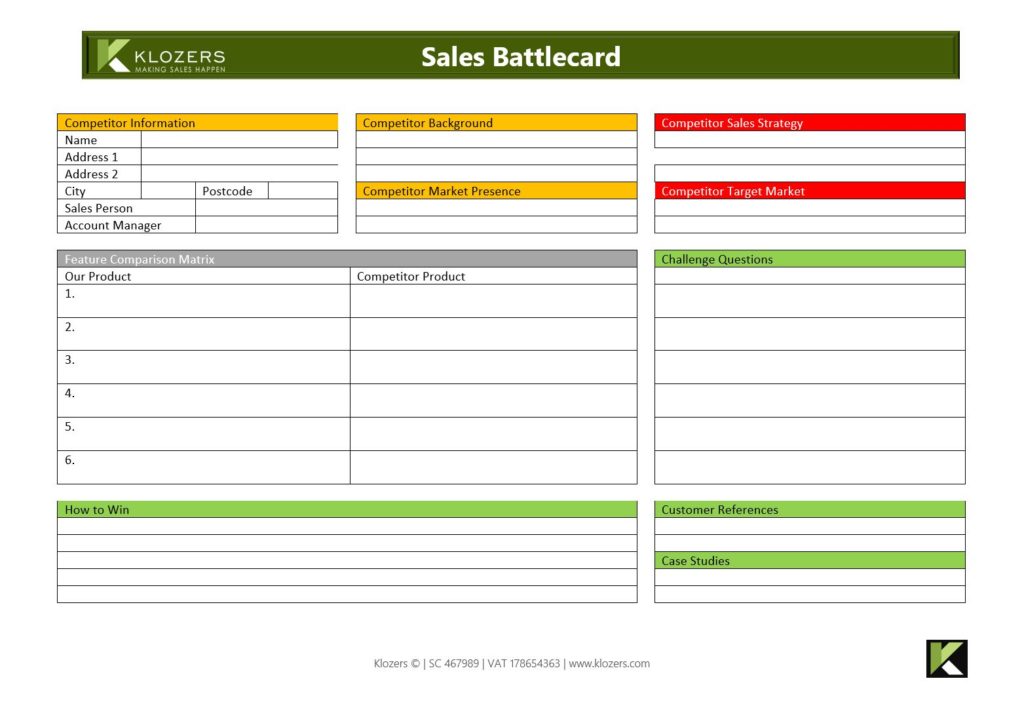
What is a Sales Battlecard Template?
A Sales Battlecard template is a one page flyer that is used to clearly demonstrate the key points of differentiation between your product/service and your competitors.
Why is a Sales Battlecard Template important?
Sales Battlecards are typically used as a “leave behind” after a sales meeting with a prospect. Most importantly they are used for training to help sales people develop both product and industry knowledge.
Sales Negotiation Worksheet

What is a Sales Negotiation Worksheet?
A Sales Negotiation Worksheet is a template used to identify the vendor and the buyers goals, criteria, trades & concessions. In addition the template includes both the vendors BATNA’s (Best Alternative To No Agreement) and the prospects.
Why is a Sales Negotiation Worksheet important?
As the saying goes “In life you don’t get what you deserve, you get what you negotiate”. This is simply a must have in terms of planning and preparing for any sales negotiation.
Client Case Study Template
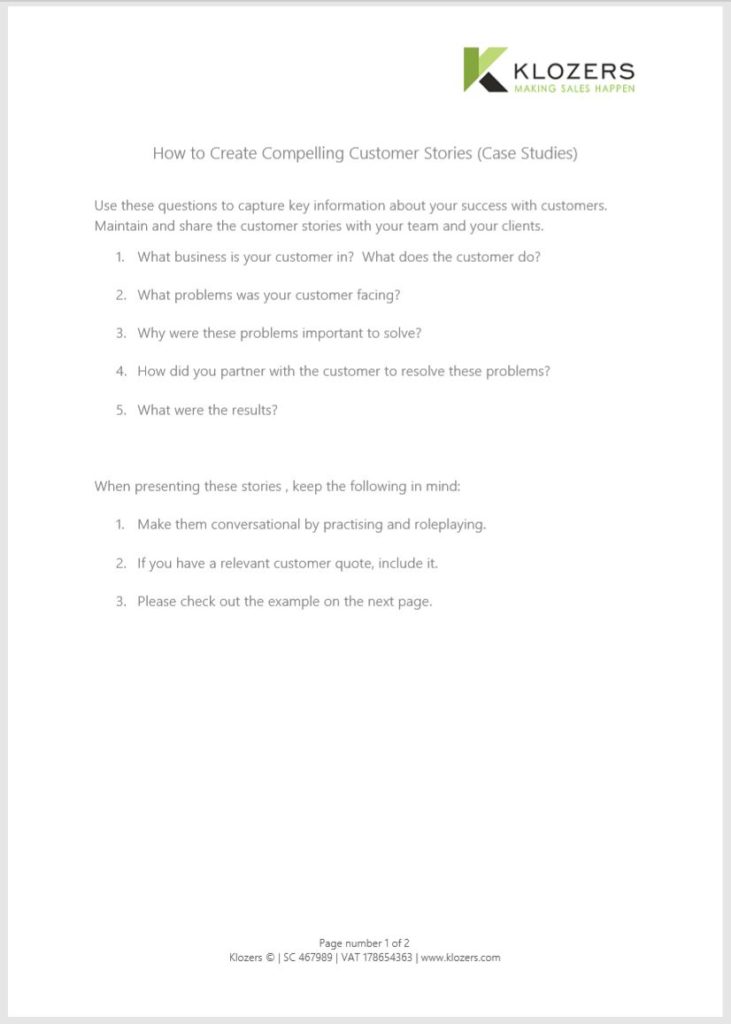
What is a Client Case Study Template?
A Client Case Study template is a one page template used to gather the key information from any successful implementation of your product or service.
Why is a Case Study Template important?
Case Studies are one of the best ways to build trust, demonstrate tangible results and generate new business. Furthermore once the information is gathered using the template you can use it to create content in multiple formats such as presentations, proposals and sales campaigns.
Preparing to Sell Checklist

What is a Preparing to Sell Checklist?
This checklist identifies the minimum “must have” information that every sales person needs to know, understand and memorise before speaking to any potential customers.
Why is a Preparing to Sell Checklist important?
Given how much money companies spend on marketing to simply get sales people in front of customers it’s vital to maximise those meetings. Whether you are on-boarding new sales people or looking to upgrade your existing sales teams skills this will help.
Consultative Selling Process

What is a Consultative Selling Process?
A Consultative Selling Process is a sales methodology based on asking prospects specific questions in order that they themselves can determine if there is any need for what the sales person is selling.
Why is a Consultative Selling Process important?
A true consultative sales process helps the prospect uncover their unique personal reasons for buying which are always the most powerful reasons. This is an essential part of modern selling, especially complex solution sales.
Time Management Tracker

What is a Time Management Tracker?
A Time Management Tracker records the planned time versus the actual time throughout the working day.
Why is a Time Management Tracker important?
A Time Management Tracker is an essential tool for increasing productivity and identifying any distractions that may occur whether genuine or not.
Meeting Notes Record

What is a Meeting Notes Record?
A Meeting Notes Record captures all the relevant information when a sales person meets with a prospect or client. This template includes question prompts to help the sales person remember the most important questions they need to ask. In addition the template includes the ability to record both DiSC and the Primary Sensory Dominance of the prospect.
Why is a Meeting Notes Record important?
Recording and keeping accurate records is a vital part of the sales process. Furthermore failing to take notes in a sales meeting sub-consciously tells the prospect you are either unprofessional or simply not interested.


